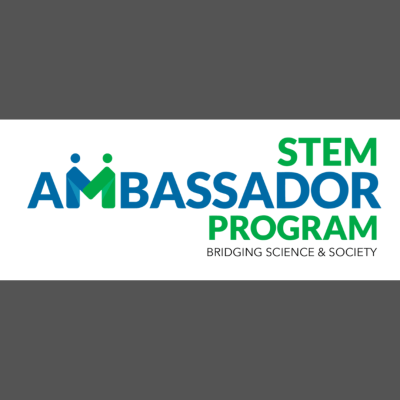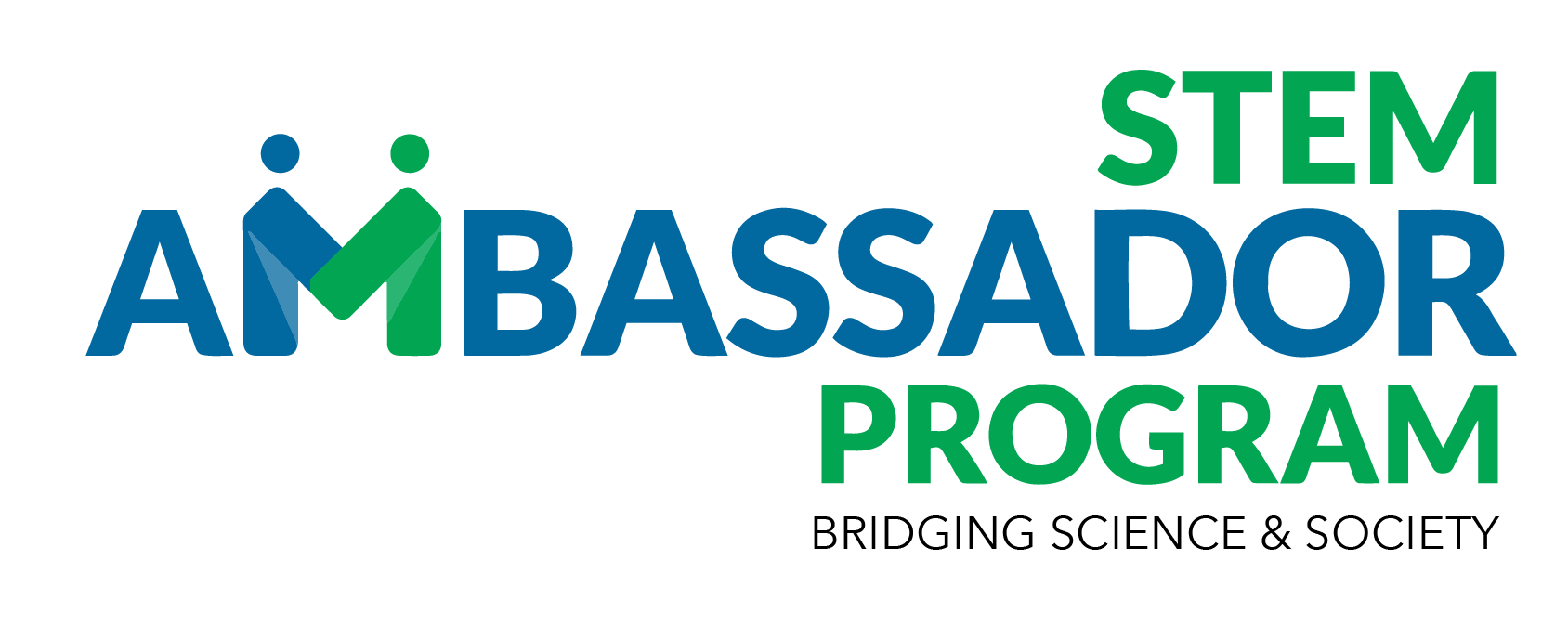

Neurodivergent children and young adults can struggle with mainstream school requirements. For example, people with attention-deficit disorder (ADD) or Autistic Spectrum Disorder (ASD) will often have a special skill or focus. They can excel in this subject at school, more so than other students, but further education requires students to have a well-rounded skill set, which can exclude neurodivergent people from studying their passion further. For example, I enjoyed Biology at school, and I did well in this subject. However, at age 14 I was told I was not intelligent enough to study separate sciences due to my lower grades in English, and thus was placed in a foundation science class where the sciences are combined and the highest grade you could obtain was a C. This was not enough to study biology further. Yet, despite a very non-traditional route, I now have a PhD in Quantitative Genetics from the University of Queensland, Australia. I wanted to tell my story to other students and young adults that have had similar experiences to encourage them to pursue their passion.
In the UK I used to work as a Special Educational Needs teacher, and from this I know a teacher who teaches young adults (16+) that have mild cognitive and mental health disabilities. These students are attending a UK college to gain or re-take their high-school degree. As these students are from the same town I grew up in, and have similar neurodivergent traits as myself, I thought my career story would have a significant impact on them. While I would have preferred to talk to the class in person, as I am currently located in the US, I did this over zoom using presentation slides and holding an in-formal discussion. Due to the class schedule, I was only able to talk to the students for 1 hour. This enabled me to deliver my presentation and hold the discussion, but there was unfortunately no time for an activity I had planned. However, I provided the teacher with resources to do the activity the next week.
The presentation and discussion went well, but there are things I would change if I were to do this again. For example, while I researched neurodivergence, and asked the teacher what careers the students might be interested in, I wish I had conducted an initial zoom meeting to talk to the students directly. This would have enabled me to relate to specific careers within their skill set and passion. Further, I attempted to give the students a broad overview of my research projects in Biology to show how diverse research in Biology can be, but it may have been better to have chosen fewer projects to talk about, and to go more in-depth into what skills they required- highlighting the diverse skill set of scientists (i.e. if a student had a passion for computers and coding, highlighting that this is a good skill to have for a career in science would have been beneficial). Nevertheless, feedback from the teacher was positive and I feel I encouraged the students to challenge negative voices and to recognise their strengths when looking for careers in their area of interest.


